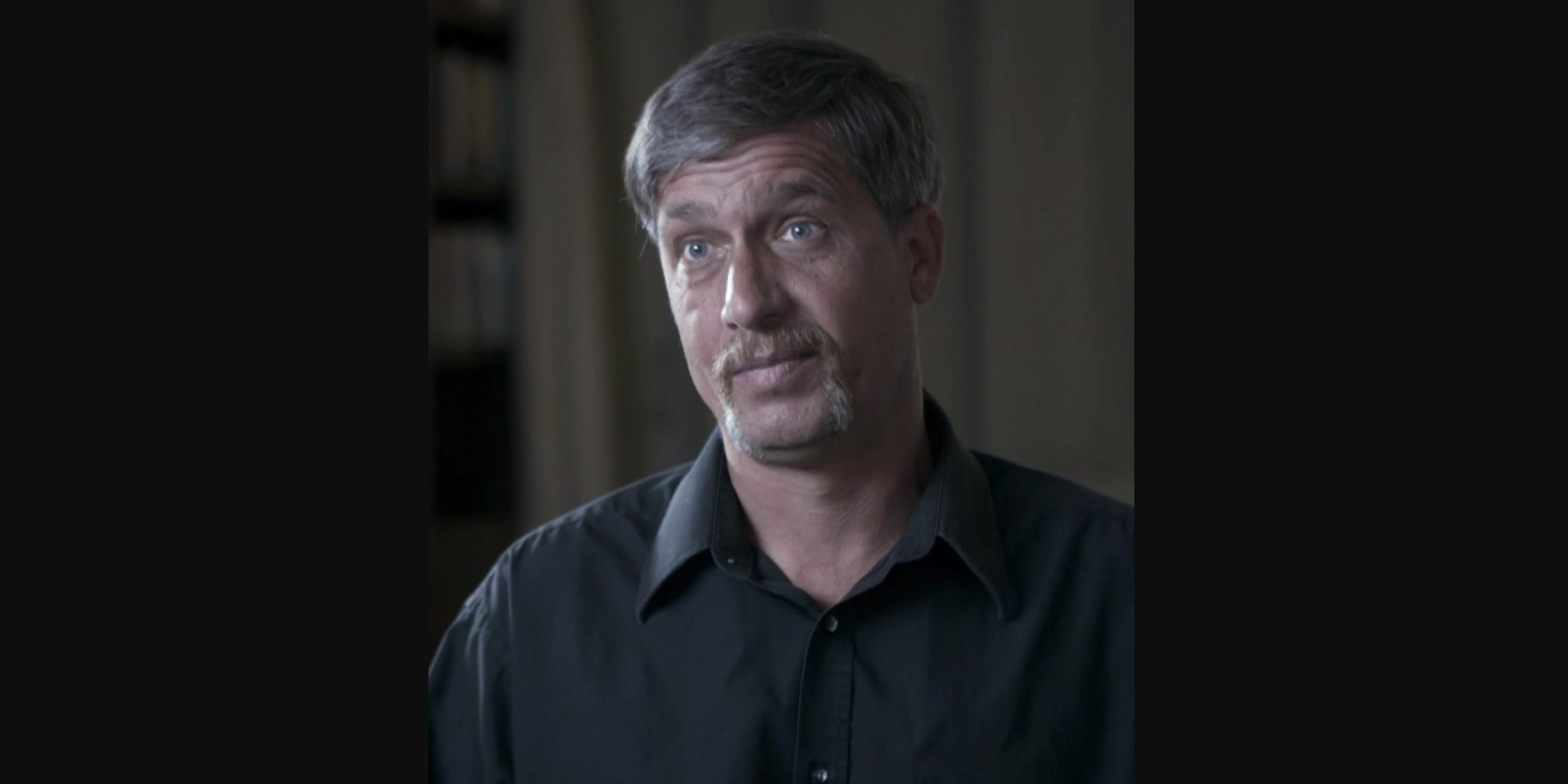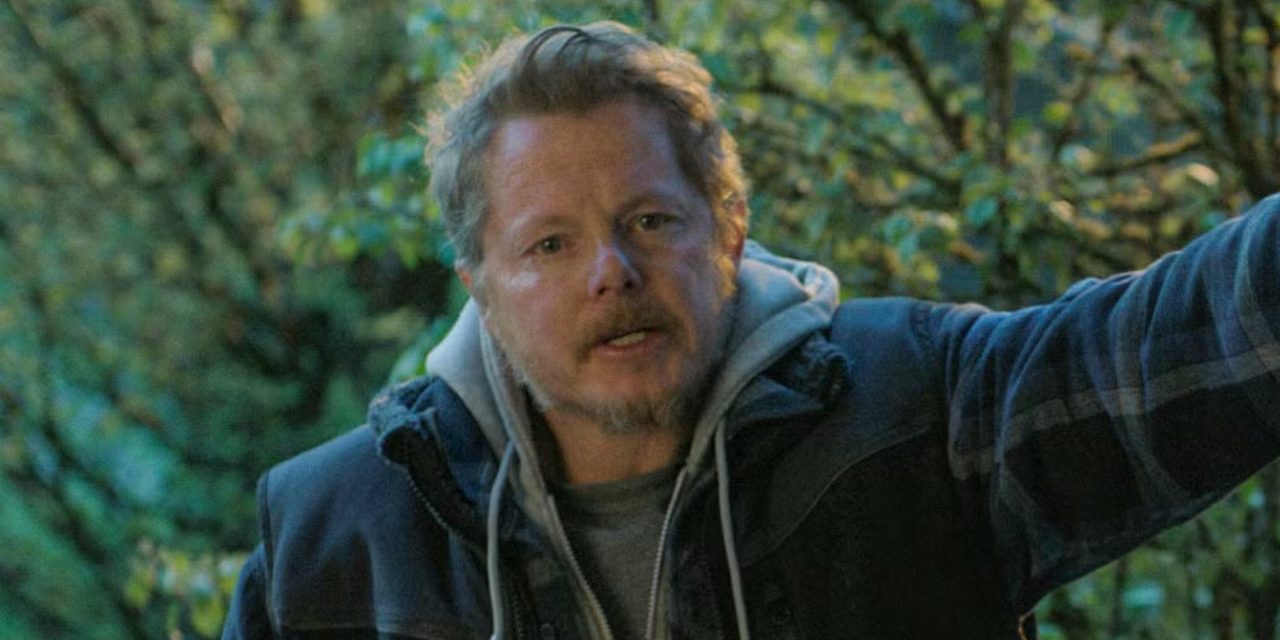Created by Jennifer Cacicio, Paramount+’s ‘Happy Face’ tells the story of Melissa Moore, the daughter of serial killer Keith Jesperson, through a dramatization that borrows from true life events. While the show mainly focuses on Melissa’s fictional counterpart, Melissa Reed, it also periodically highlights other characters directly or indirectly affected by Keith’s murders. One such character is Ashton McBride, the son of Louise Nelson, Keith’s final victim. Ashton tracks down Melissa at her private home, confronting the protagonist about her father’s actions and expressing his rage at her for publicizing Keith’s story on ‘The Dr. Greg Show.‘ The exchange showcases the devastation of the serial killer’s crimes, forever changing the lives of those like Ashton.
Ashton McBride is Likely Inspired By a Real Son of a Murder Victim
While ‘Happy Face’ is rooted in the real-life experiences of Melissa Moore, certain characters and events are dramatized for greater effect and thematic heft in the narrative. This extends to the character of Ashton McBride, who is likely based on Don Findlay, the son of Julie Winningham, Keith Jesperson’s real-life last victim. Like Ashton, Don Findlay confronted Keith Jesperson in court for the murder of his mother, even urging for the death penalty to be imposed on the serial killer. Later, Don and Melissa had a face-to-face meeting, which was brought about because the latter had heard from people around her that he had allegedly vilified her in his mind because of her association with Keith. However, their exchange was amicable and cathartic in nature.

In the show, Ashton confronts Melissa at her home in an invasive manner, leaving the protagonist scared about her family’s safety. It is possible that the creative team drew from Don’s alleged initial dislike for Melissa as the main basis for the scene, showcasing the rage that is bubbling underneath his skin for the horrifying murder of his mom. In reality, the two actually had a peaceful conversation with one another at a seaside cafe. In episode 7 of ‘Happy Face,’ we see Ashton and Melissa bridge their differences and focus on what is important to them. They also go out to a restaurant to have a meal together, which is highly reminiscent of Don and Melissa’s real-life cafe visit. Thus, the creative team took specific liberties when drafting the scenes involving Ashton, especially if we are to believe Findlay inspires the character.
While the relationship between Ashton and Melissa begins as an antagonistic bond, they eventually realize they are both victims of Keith’s monstrous crimes. As a result of his murders, they end up hating one another without even realizing that they are both suffering and looking for answers. This urges Melissa to seek out Ashton of her own volition, desperate to figure out her identity, and apologize for her father’s actions. However, they are not to blame for the situation they are in. The ultimate perpetrator is Keith, who leaves his daughter and Ashton with enormous burdens to carry for the rest of their lives. It portrays a complex picture of the drama engulfing the characters and Ashton’s tortured mindset. Therefore, he is pivotal to the narrative, even if he plays a peripheral role at times.


